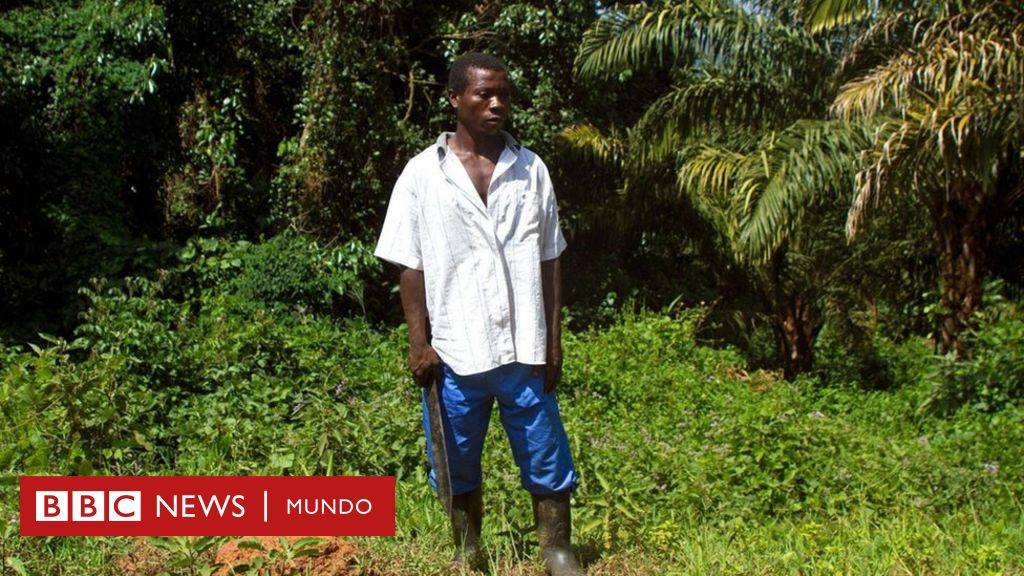Aviation Medicine to AFAC

An important point of ICAO Annex 1 whose compliance is part of the US Federal Aviation Administration (FAA) audits is the need for cabin crew to be examined by medical professionals and that the responsibility for these checks rests with the aviation authority, In the case of Mexico, from the Federal Civil Aviation Agency (AFAC).
Almost 35 years ago, some central officials came up with the beautiful idea of concentrating in a single general directorate all processes and guidance related to regulations related to the health of drivers of all types of transport. With this, decades of work, studies and research on aviation medicine have been abandoned, as our country has not only been a regional leader but has also been a role model for many countries.
The main promoter of aviation medicine in Mexico was Dr. Luis Amezqua, a physician by profession who had the opportunity to train abroad in this specialty, which today has expanded to include studies and practice in human health in outer space.
But this desire to put everything under the control of the DGT has meant that expertise in aviation medicine was underestimated and ignored in order to give priority to what, of course, constituted the majority of physicians’ practice at this title, is road transport and especially road transport at the federal level.
Many wonder why aviation medicine should be in an exclusive direction to this specialty. The answer, once the specific needs of the profession of crew members are known, becomes clear and supports the need for a dedicated department and, in particular, to hire physicians who are increasingly aware of the special needs of these professionals, and who should. An examination to certify whether or not they are qualified to do their job.
The conditions in which the crew works are abnormal. There are pressures, temperature, air density, time zones, and especially work-hour fatigue that are critical to health, not only as crew members, but to the passengers and the environments in which they work. Flying gives activity.
In order to save aviation medicine, it is necessary that efforts also be devoted to restoring many of the processes and institutions that existed before 1988, a date when transport medicine monopolized its functions, with baggage such as those brought by the National Center for Aviation Medicine and regional centers across the republic The expertise of professionals in this activity dedicated to investigating and documenting physical reactions, successes or risks and giving recommendations that will ensure the safety of air operations.
Undoubtedly, there will be those who will oppose it, but with a decision of this kind we will quickly approach the restoration of Class 1, which undoubtedly suits all of us. Email: [email protected]

“Award-winning zombie scholar. Music practitioner. Food expert. Troublemaker.”


/cloudfront-eu-central-1.images.arcpublishing.com/prisa/AHVYMMDSTZDTDBFNZ3LMFUOKNE.jpg)








